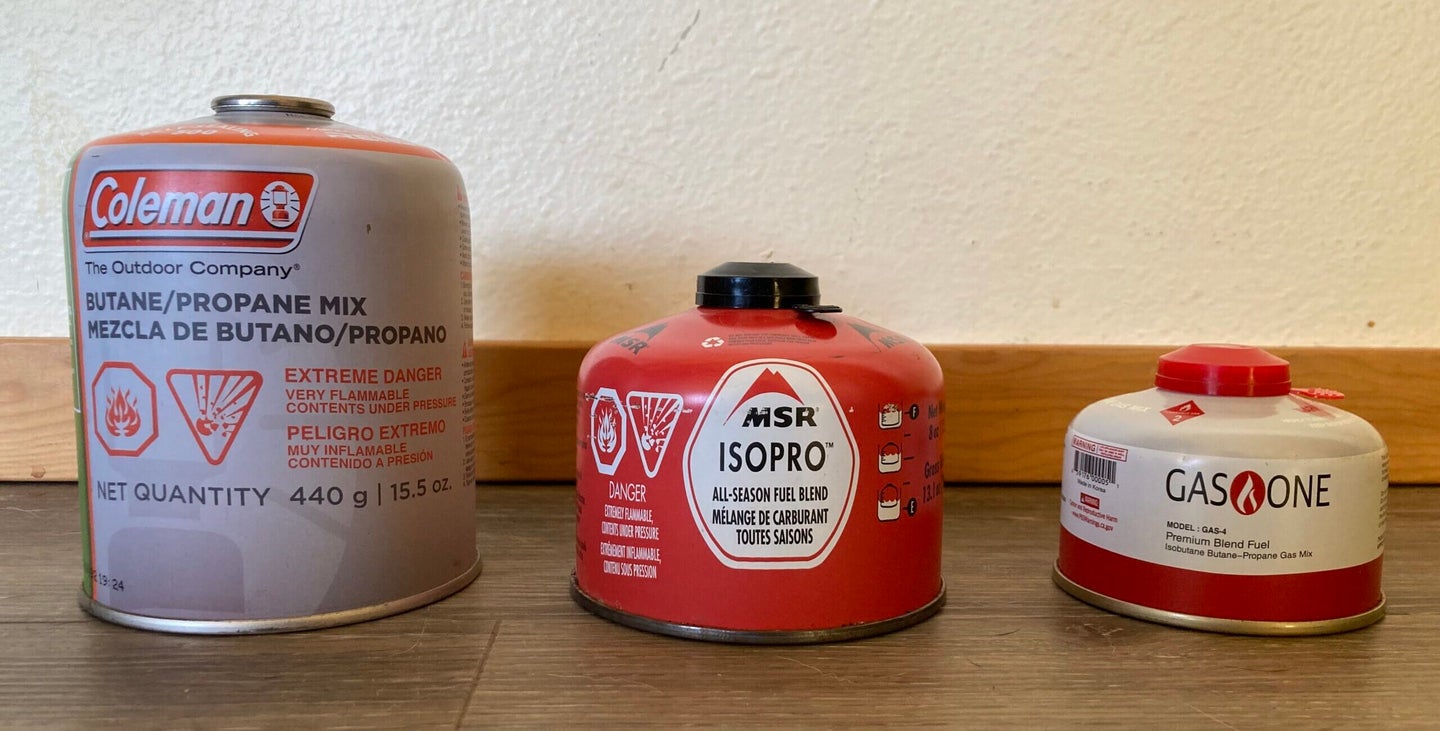

Articles
How To Store Small Propane Tanks
Modified: January 6, 2024
Learn the best practices for safely storing small propane tanks with our informative articles. Keep your propane tanks secure and prevent accidents.
(Many of the links in this article redirect to a specific reviewed product. Your purchase of these products through affiliate links helps to generate commission for Storables.com, at no extra cost. Learn more)
Introduction
Welcome to our guide on how to store small propane tanks. Whether you are an avid camper, a grilling enthusiast, or simply someone who uses small propane tanks for various purposes, it is important to understand the proper storage techniques to ensure safety and longevity. Small propane tanks, typically used for camping stoves, portable grills, and heaters, can pose a risk if not stored correctly.
In this article, we will provide you with essential tips and guidelines for storing small propane tanks. We will cover safety precautions, outdoor and indoor storage options, the use of propane tank accessories, and proper disposal methods. By following these recommendations, you can safely store your small propane tanks and prevent any potential accidents or damage.
Before we delve into the storage techniques, it is crucial to understand the importance of safety when handling propane tanks. Propane is a highly flammable gas and should be treated with caution. Always review and follow the manufacturer’s instructions for your specific propane tank, as well as any local regulations or guidelines.
Now that we have highlighted the importance of safety, let’s explore the different storage options for small propane tanks. Whether you plan to store them outdoors, in a garage or shed, or indoors, there are specific considerations to keep in mind to maintain safety and prolong the lifespan of your propane tanks.
Key Takeaways:
- Proper storage of small propane tanks is crucial for safety and longevity. Follow safety precautions, use appropriate storage options, and consider accessories to ensure safe and efficient use of propane tanks.
- When disposing of small propane tanks, always check local regulations and choose environmentally-friendly options. Never dispose of tanks in regular trash or recycling bins to minimize safety risks and environmental impact.
Read more: How To Store Small Coleman Propane Tanks
Safety Precautions
When it comes to storing small propane tanks, safety should always be your top priority. By following these safety precautions, you can minimize the risk of accidents and ensure the well-being of yourself and those around you:
- Store propane tanks in a well-ventilated area: Propane gas is heavier than air and can accumulate in confined spaces, leading to potential hazards. Therefore, it is crucial to store propane tanks in a well-ventilated area, whether indoors or outdoors. This helps to prevent the buildup of gas and reduces the risk of fire or explosion.
- Keep tanks away from sources of ignition: Do not store propane tanks near open flames, sparks, or electrical appliances that could cause ignition. Always maintain a safe distance from heat sources, including fire pits, grills, and electrical panels.
- Keep tanks upright and secure: Whether stored indoors or outdoors, it is important to keep propane tanks in an upright position and securely fastened to prevent tipping or accidental damage. Use a sturdy stand or storage rack specifically designed for propane tanks.
- Avoid extreme temperatures: Propane tanks are sensitive to extreme temperatures. Avoid storing them in direct sunlight or exposed to high heat. Also, ensure they are not exposed to freezing temperatures for extended periods, as this can affect the integrity of the tank and the pressure inside.
- Inspect tanks regularly: Perform routine inspections of your propane tanks to check for any signs of damage or leaks. Look for corroded areas, dents, or loose fittings. If you notice any issues, it is recommended to contact a professional for further assistance.
- Keep tanks away from children and pets: Store propane tanks in a location where they are inaccessible to children and pets. Use safety locks or secure the storage area to prevent unauthorized access.
- Never tamper with valves or fittings: Do not attempt to repair or modify the valves or fittings on propane tanks yourself. If you suspect a problem or need maintenance, contact a qualified propane professional.
By adhering to these safety precautions, you can ensure the proper storage and handling of your small propane tanks, providing peace of mind and protecting yourself and those around you from potential hazards.
Outdoor Storage Options
Outdoor storage is a convenient option for those who have limited space indoors or prefer to keep their small propane tanks easily accessible for outdoor activities. Here are some effective outdoor storage options for small propane tanks:
- Propane tank cages or cabinets: Investing in a propane tank cage or cabinet is a great way to secure and protect your propane tanks outdoors. These storage units are specifically designed to keep tanks upright and shield them from adverse weather conditions. Ensure that the cage or cabinet is made of sturdy materials and has proper ventilation to prevent the buildup of gas.
- Propane tank covers: If you already have a designated area for propane tank storage, consider using propane tank covers to provide additional protection. These covers are designed to shield the tanks from direct sunlight, rain, and debris, extending their lifespan and preventing cosmetic damage.
- Shade structures: If you have a backyard or patio area, consider installing a shade structure to provide protection for your small propane tanks. This can be in the form of an overhead pergola, a canopy, or even a simple roofed storage shed. Ensure adequate ventilation and choose a location that is away from potential sources of ignition.
- Secure storage boxes: Another option for outdoor storage is to use secure storage boxes or containers specifically designed for small propane tanks. These boxes are often made of durable materials such as metal or heavy-duty plastic and can be locked to prevent unauthorized access.
- Propane racks or stands: For a simple and cost-effective solution, consider using propane racks or stands to store your tanks outdoors. These racks are designed to securely hold the tanks in an upright position and can easily be placed in a designated area, such as a corner of your backyard or patio.
When storing propane tanks outdoors, always ensure they are located in a well-ventilated area and away from potential sources of ignition. Additionally, regularly inspect the storage unit or area for any signs of damage or deterioration, and address any issues promptly.
While outdoor storage provides convenience and accessibility, it is important to note that extreme weather conditions, such as high temperatures or heavy rain, can still affect the integrity and performance of propane tanks. Therefore, consider additional protective measures such as covers or cages to maintain the quality and safety of your stored propane tanks.
Garage or Shed Storage
If you have a garage or a shed, storing small propane tanks in these spaces can be a viable option. Here are some key considerations for safely storing propane tanks in a garage or shed:
- Designate a well-ventilated area: Select a specific area within your garage or shed that is well-ventilated. This helps to prevent the accumulation of propane gas in the enclosed space.
- Avoid flammable materials: Ensure that the storage area is clear of any flammable materials, such as gasoline, paints, or solvents. Propane tanks should be kept away from any potential sources of ignition.
- Use a propane tank cart: Invest in a propane tank cart if you plan to store multiple tanks in your garage or shed. These carts provide a secure and organized way to store and transport your tanks, making it easy to move them around when needed.
- Secure tanks in an upright position: Whether using a cart or storing tanks individually, make sure they are positioned in an upright position. This prevents tipping or accidental damage that can lead to gas leaks or other safety hazards.
- Consider a fire-resistant cabinet or storage box: If you have concerns about safety or want an extra layer of protection, consider using a fire-resistant cabinet or storage box designed for propane tank storage. These units provide added security and help to contain any potential leaks or fires.
- Check local regulations: Always check local fire and safety regulations regarding the storage of propane tanks in garages or sheds. Different jurisdictions may have specific guidelines or restrictions that you need to adhere to.
- Regularly inspect tanks and storage area: Perform routine inspections of your tanks and the storage area to check for any signs of damage, rust, or leaks. Address any issues immediately and consult a professional if needed.
When storing propane tanks in a garage or shed, it is essential to ensure that the storage area is well-ventilated, free from potential ignition sources, and properly secured. Following these guidelines will help to maintain safety and prolong the lifespan of your small propane tanks.
Remember to always exercise caution when handling propane tanks and adhere to the manufacturer’s instructions and local regulations. Proper storage is key to ensuring the safe and efficient use of small propane tanks.
When storing small propane tanks, make sure to keep them in a well-ventilated area away from heat sources and direct sunlight. Store them in an upright position and never indoors or in a confined space.
Storing Indoors
Storing small propane tanks indoors can be a suitable option for those who prefer to keep them easily accessible or do not have outdoor storage space. However, it is crucial to follow certain guidelines to ensure safety when storing propane tanks indoors:
- Choose a well-ventilated area: Select a well-ventilated area in your home for propane tank storage. This can be a utility room, a well-ventilated garage, or a dedicated storage area with proper airflow. Adequate ventilation helps to prevent the buildup of propane gas and ensures a safe environment.
- Keep tanks away from living spaces: It is important to store propane tanks away from living areas, including bedrooms, living rooms, or kitchens. Choose a storage spot that is separate from these spaces to minimize the risk of gas leakage.
- Secure upright storage: Ensure that propane tanks are stored in an upright position to prevent tipping or accidental damage. Use a sturdy stand or storage rack designed for propane tanks to keep them secure and stable.
- Consider a storage box or cabinet: To provide an extra layer of protection and containment, consider using a storage box or cabinet specifically designed for propane tank storage. These units are typically made of fire-resistant materials and can help to prevent gas leaks or fires.
- Avoid extreme temperatures: Propane tanks should be stored in a location where they are not exposed to extreme temperatures. Avoid storing them in areas prone to high heat or freezing temperatures, as this can affect the integrity and performance of the tanks.
- Regularly inspect tanks and storage area: Conduct routine checks of your propane tanks and the storage area to ensure they are in good condition. Look for signs of damage, rust, or leaks, and address any issues promptly.
- Follow local regulations: Familiarize yourself with the local regulations or guidelines regarding the indoor storage of propane tanks. Some areas may have specific rules or restrictions that need to be followed.
Always exercise caution when storing propane tanks indoors and ensure that you are following the manufacturer’s instructions and any local regulations. By practicing proper storage techniques, you can safely store small propane tanks indoors without compromising safety or putting your home at risk.
Remember, propane is a highly flammable gas, so it is essential to handle and store it with care. If you have any concerns or questions about storing propane tanks indoors, consider consulting a professional for assistance.
Read more: How To Store A Propane Tank
Propane Tank Accessories
When storing and using small propane tanks, there are various accessories that can enhance convenience, safety, and overall functionality. Here are some essential propane tank accessories to consider:
- Propane tank gauge: A propane tank gauge is a handy device that allows you to monitor the level of propane in your tank. This helps you avoid running out of fuel unexpectedly and ensures that you can plan for refills or replacements in advance.
- Propane tank cover: A propane tank cover is designed to protect your tank from external elements such as rain, snow, and ultraviolet (UV) rays. It not only extends the lifespan of your tank but also improves its appearance and prevents cosmetic damage.
- Propane tank scale: A propane tank scale is a useful accessory if you want to accurately measure the weight of your tank. This can be helpful in determining how much propane is left or calculating the exact amount of fuel used for specific purposes.
- Propane tank stabilizer: A propane tank stabilizer is a device that helps to secure your tank in an upright position, preventing it from rolling or tipping over. This is especially useful when transporting tanks or if you live in an area prone to strong winds or uneven surfaces.
- Propane tank adapter: A propane tank adapter allows you to connect your small propane tank to various appliances or devices. This can be useful if you want to use your tank with a different type of connector or if you have multiple appliances with different connection types.
- Propane tank carrier: A propane tank carrier is a handle or sling specifically designed to make it easier to transport small propane tanks. It provides a secure grip and distributes the weight of the tank, reducing strain and ensuring safer transportation.
- Propane tank valve cap: A propane tank valve cap is a small protective cap that covers the valve stem on the tank. It helps to keep dirt, debris, and moisture out of the valve, preventing corrosion and ensuring the smooth operation of the tank.
These accessories not only improve the convenience and functionality of your small propane tanks but also contribute to their overall safety and longevity. When selecting accessories, be sure to choose those that are compatible with your specific tank and meet safety standards.
Remember to follow the manufacturer’s instructions and guidelines when using propane tank accessories, and always prioritize safety when handling any propane-related equipment.
Proper Disposal of Small Propane Tanks
Proper disposal of small propane tanks is crucial to ensure safety and protect the environment. Here are some guidelines to follow when disposing of empty or expired propane tanks:
- Check local regulations: Before disposing of a small propane tank, familiarize yourself with the local regulations or guidelines regarding propane tank disposal. Different areas may have specific instructions or recycling programs in place.
- Empty the tank completely: Before disposing of a propane tank, it is important to ensure that it is empty. If you are uncertain whether the tank is empty, it is best to contact a propane supplier or disposal facility for assistance.
- Remove the valve: In some cases, it may be necessary to remove the valve from the propane tank before it can be properly disposed of. This step ensures that the tank cannot be accidentally refilled or pose a safety risk.
- Recycling options: Many areas offer propane tank recycling programs to ensure the safe and environmentally-friendly disposal of the tanks. Contact your local recycling center or waste management facility to inquire about their accepted methods and drop-off locations.
- Propane exchange programs: Some retailers or propane suppliers offer exchange programs where you can swap your empty tank for a new one. This allows the tanks to be properly handled and refilled, reducing waste and ensuring safety.
- Household hazardous waste collections: Check if your community holds regular household hazardous waste collection events. These events often accept propane tanks for disposal along with other hazardous household items.
- Contact a propane professional: If you are unsure about the proper disposal methods or have a large number of propane tanks to dispose of, it is best to consult with a propane professional or waste management company for guidance.
It is crucial to never dispose of a propane tank in regular trash or recycling bins, as this can pose a safety risk and potentially harm waste management workers and the environment.
By following these guidelines, you can ensure that small propane tanks are disposed of safely and in line with local regulations, minimizing the impact on the environment and promoting overall safety.
Conclusion
In conclusion, storing small propane tanks properly is essential to ensure safety and longevity. Whether you choose outdoor storage options, such as propane cages or covers, garage or shed storage, or even indoor storage, it is important to follow the recommended guidelines and precautions.
By adhering to safety precautions, such as storing tanks in well-ventilated areas, keeping them away from sources of ignition, and regularly inspecting for any signs of damage or leaks, you can significantly reduce the risk of accidents and ensure the well-being of yourself and others.
Consider using propane tank accessories such as gauges, covers, stabilizers, and carriers, as they can enhance convenience, safety, and the overall functionality of your small propane tanks.
When it comes time to dispose of empty or expired propane tanks, always check local regulations and choose environmentally-friendly options, such as recycling programs or household hazardous waste collections. Avoid putting propane tanks in regular trash or recycling bins, as this can be dangerous and harmful to the environment.
Remember, propane is a highly flammable gas and should be handled with caution. Always refer to the manufacturer’s instructions for your specific propane tank and consult local regulations for guidance on storage and disposal.
By applying the knowledge and guidelines provided in this article, you can safely store small propane tanks, prolong their lifespan, and enjoy your outdoor activities or indoor use with peace of mind.
Frequently Asked Questions about How To Store Small Propane Tanks
Was this page helpful?
At Storables.com, we guarantee accurate and reliable information. Our content, validated by Expert Board Contributors, is crafted following stringent Editorial Policies. We're committed to providing you with well-researched, expert-backed insights for all your informational needs.
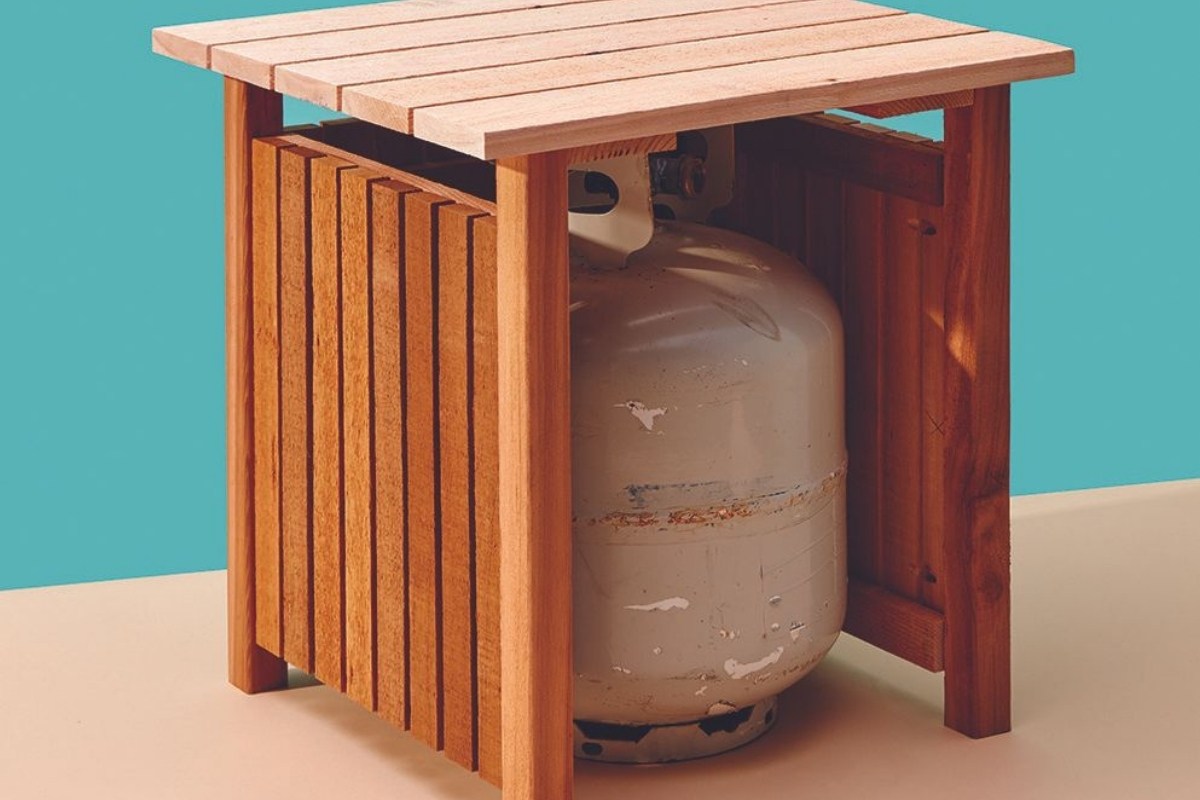
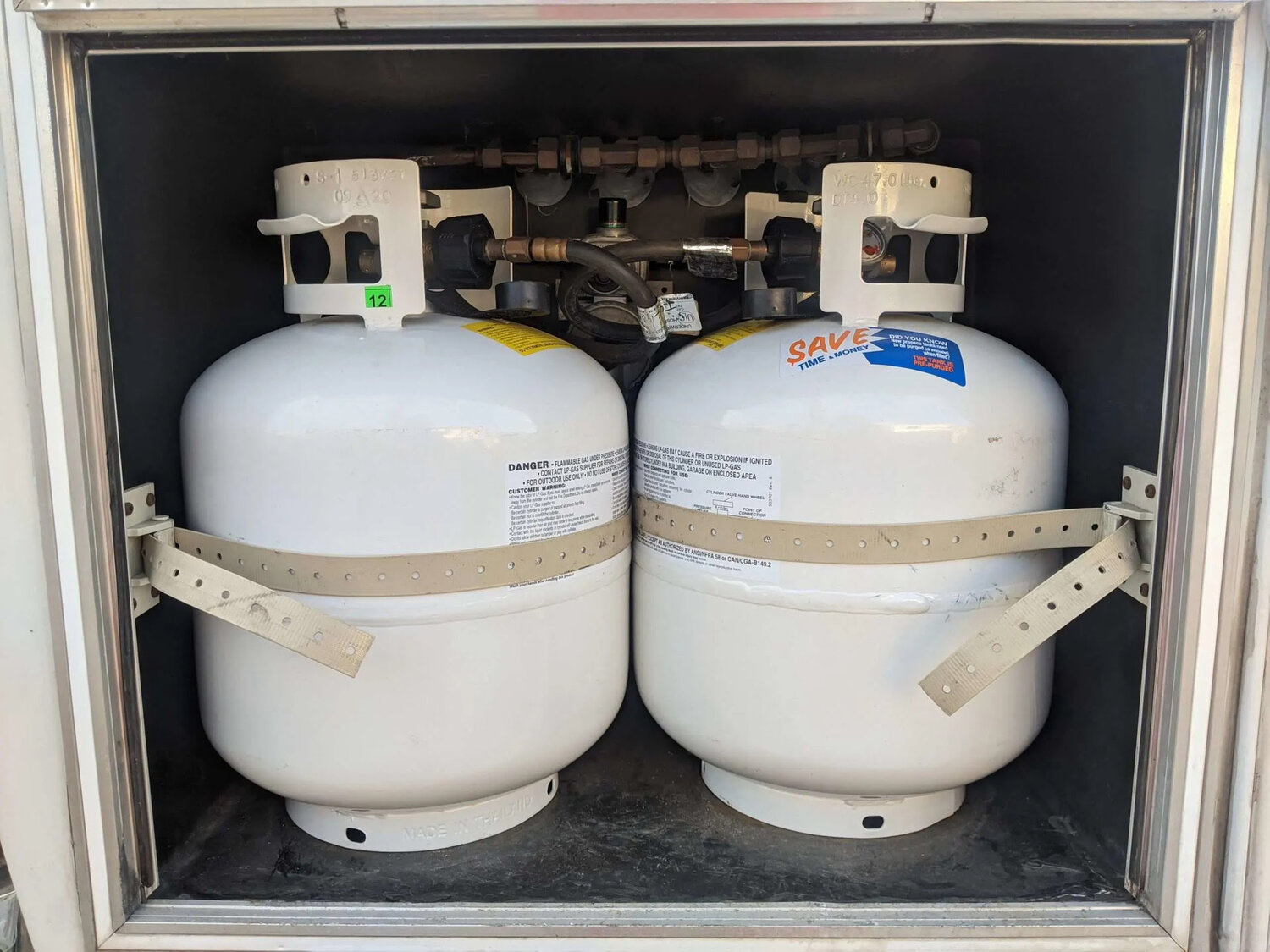
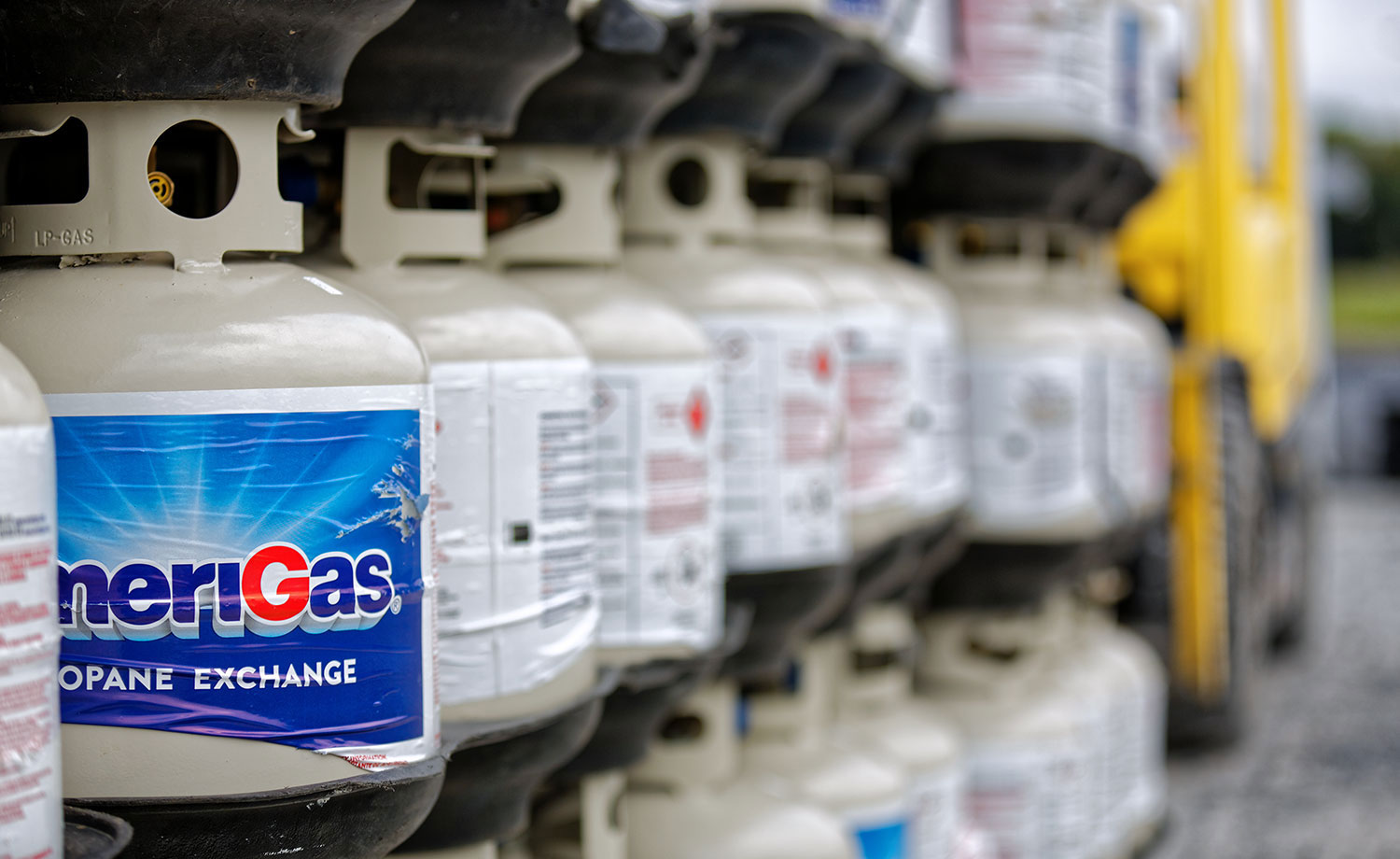
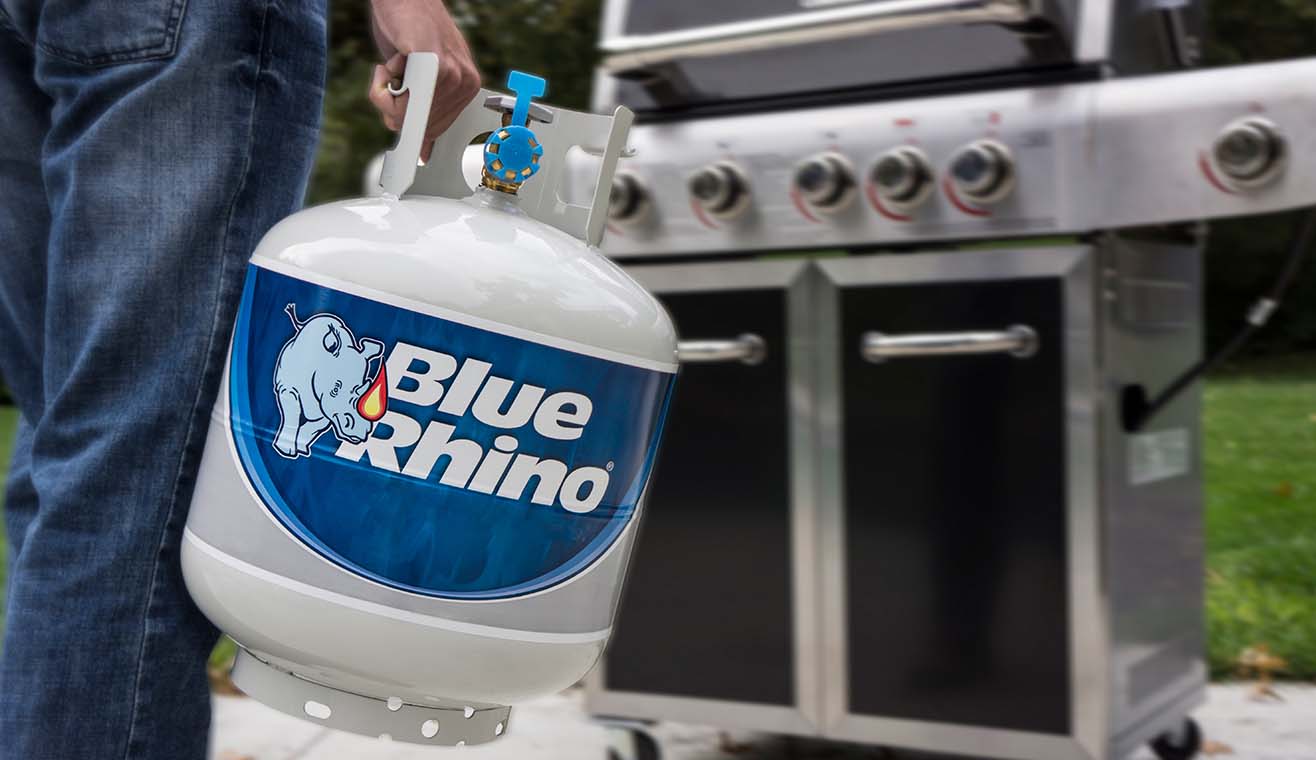
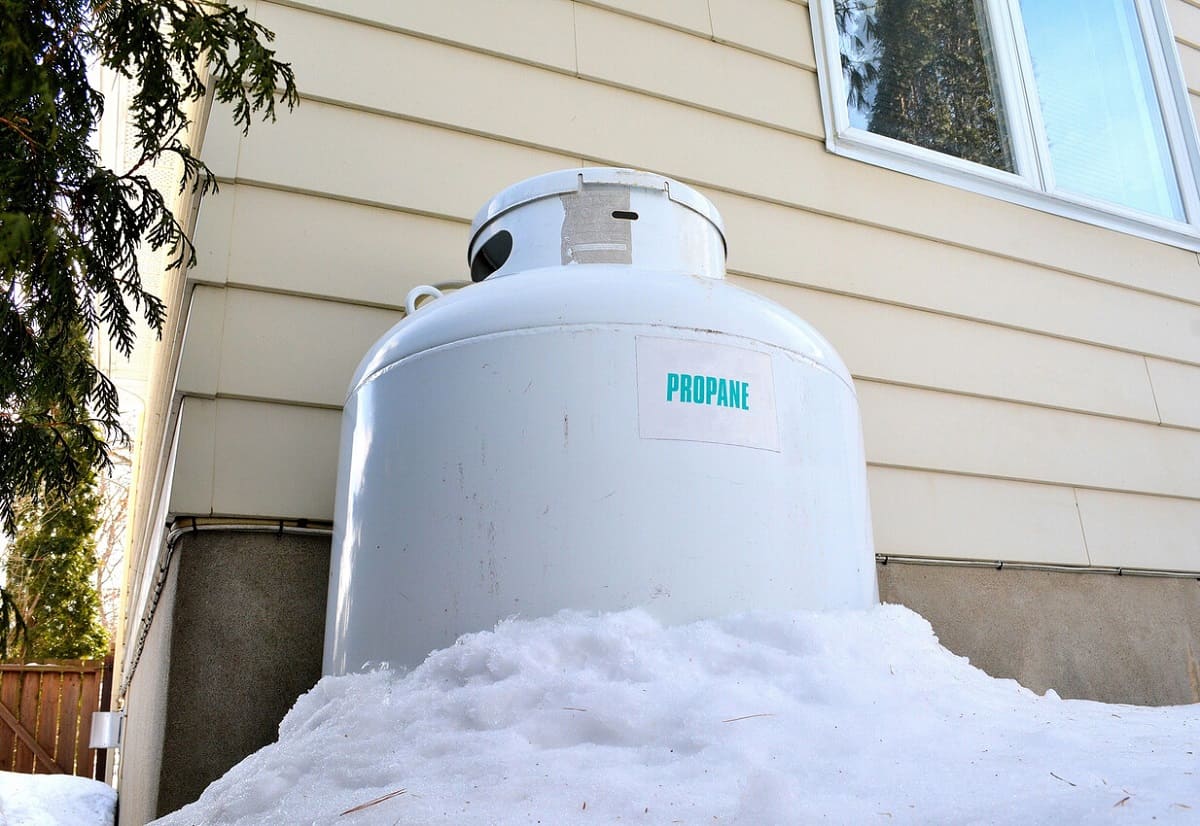
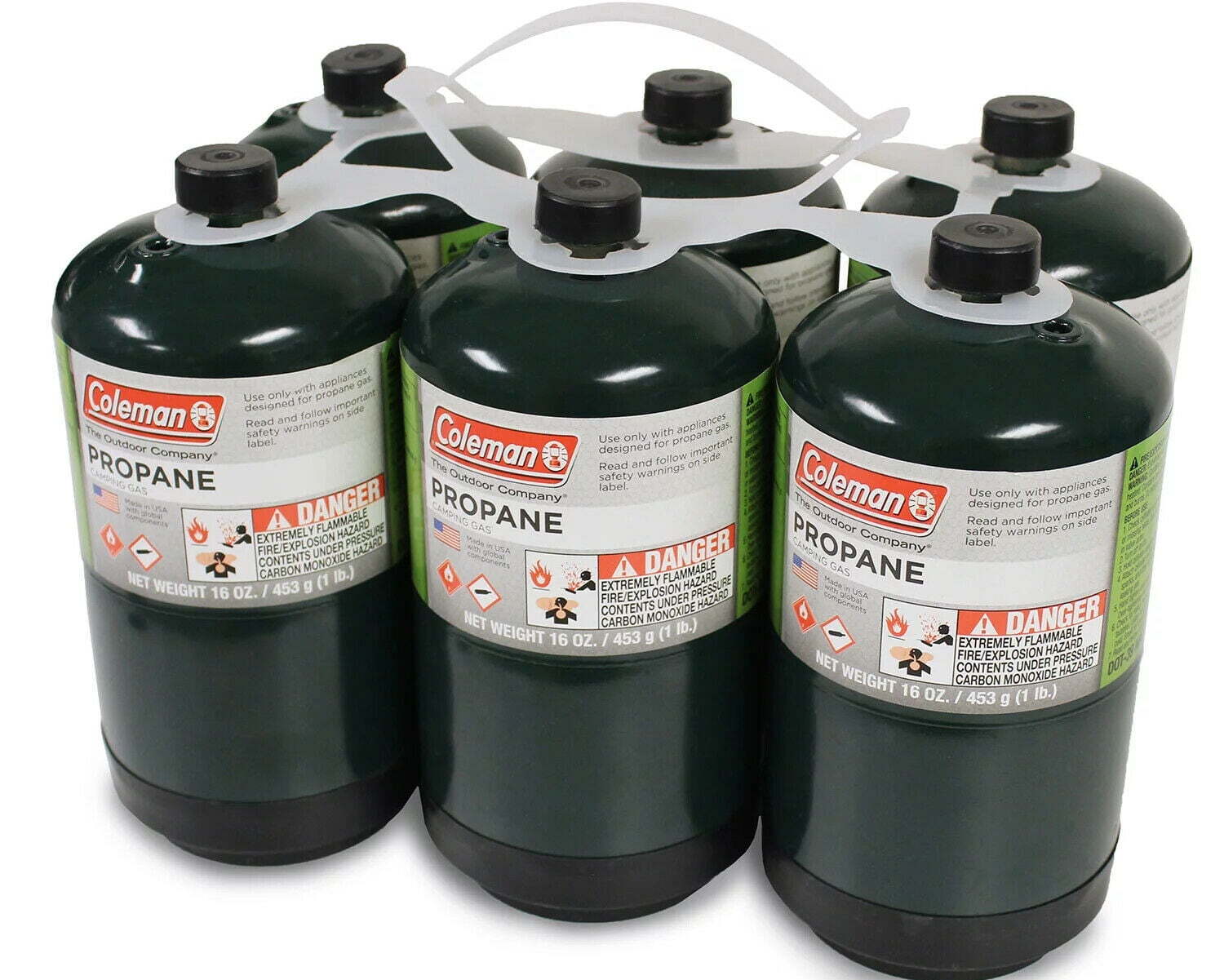
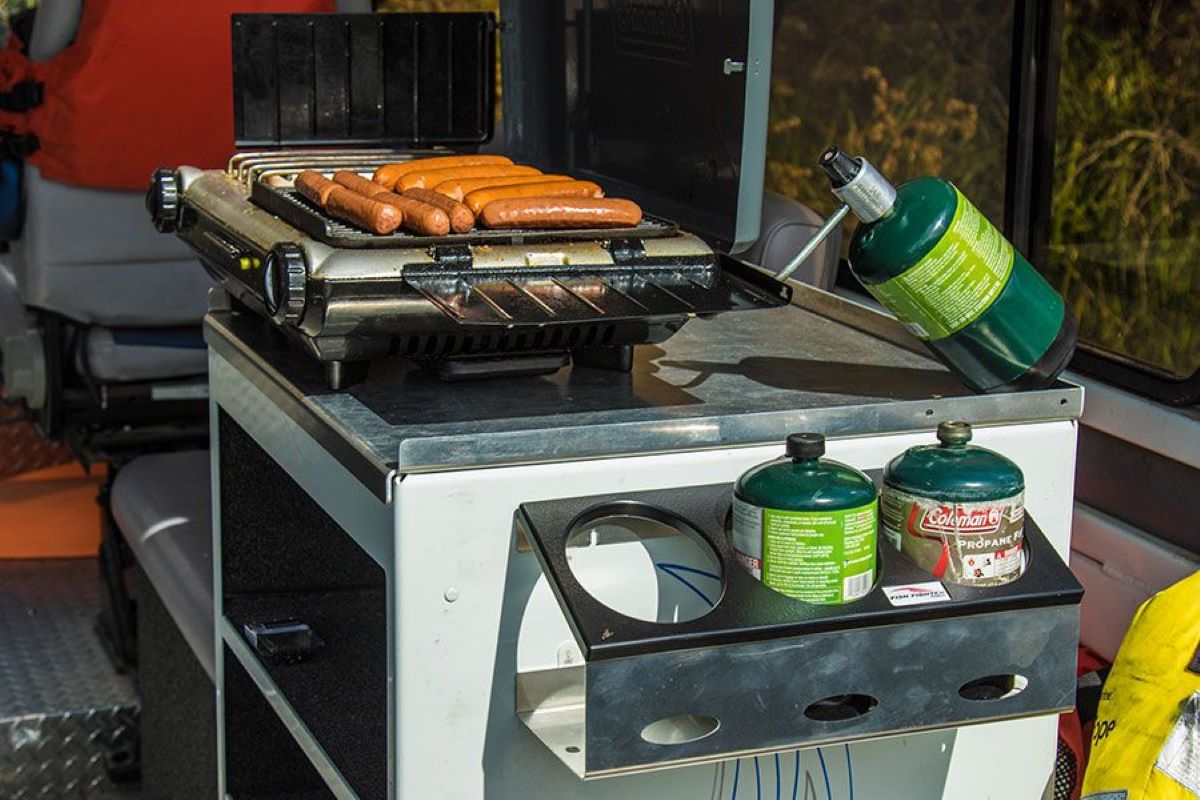
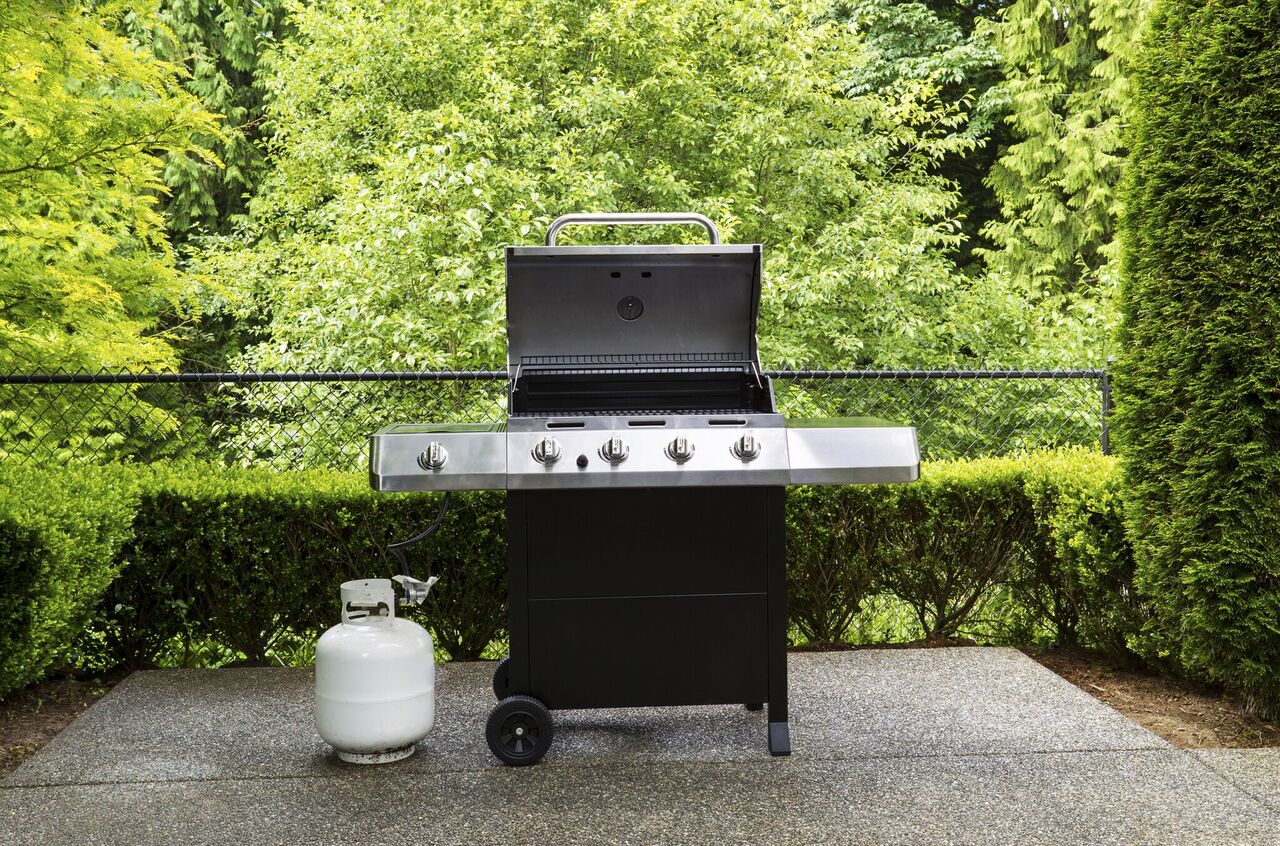
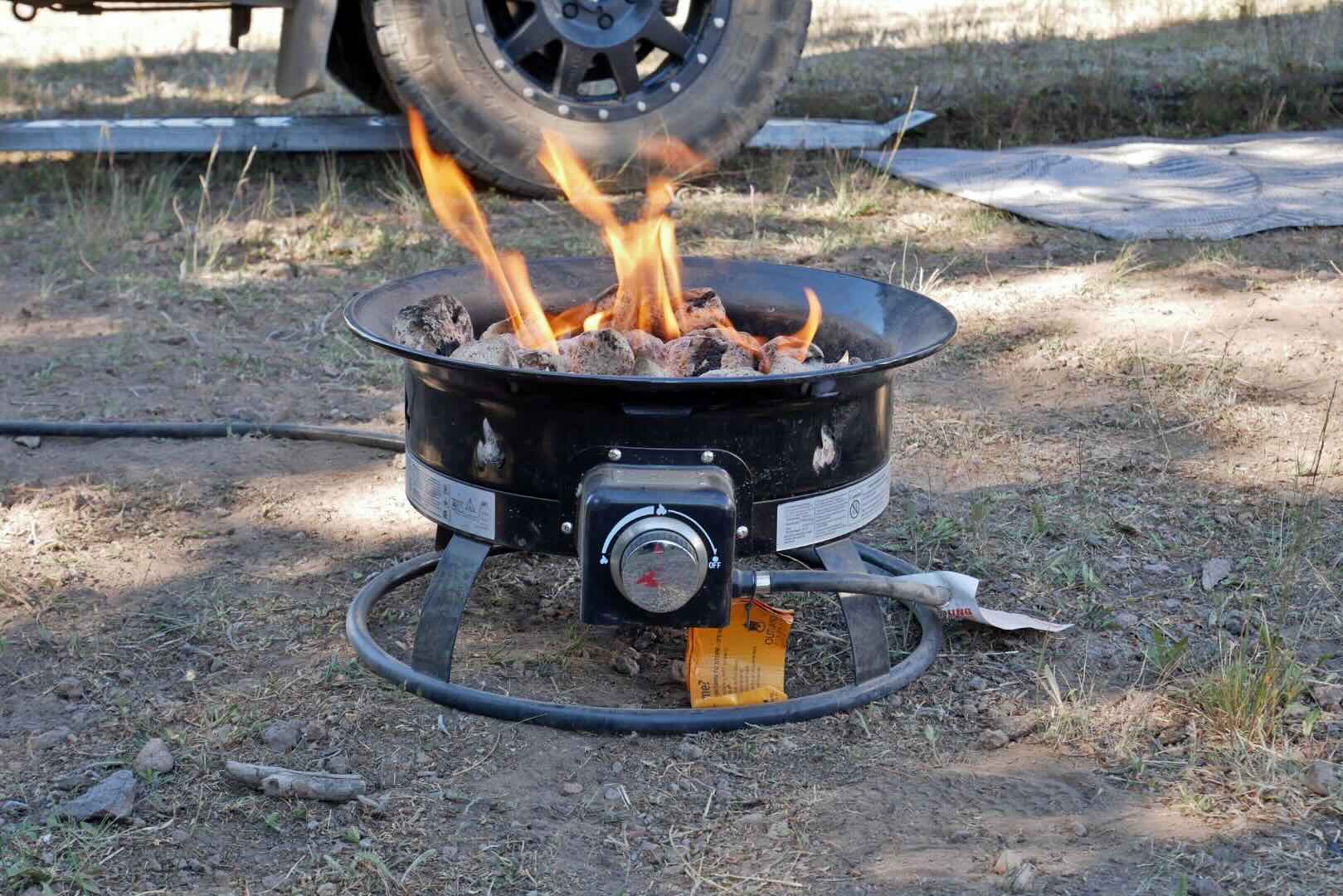
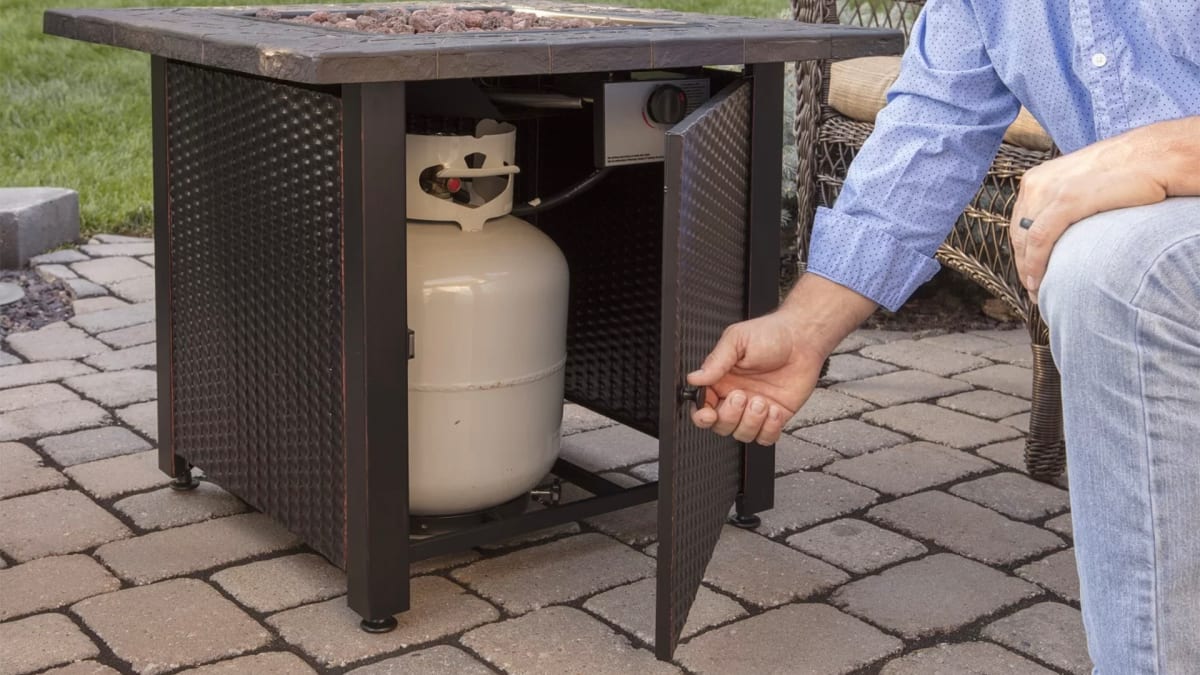
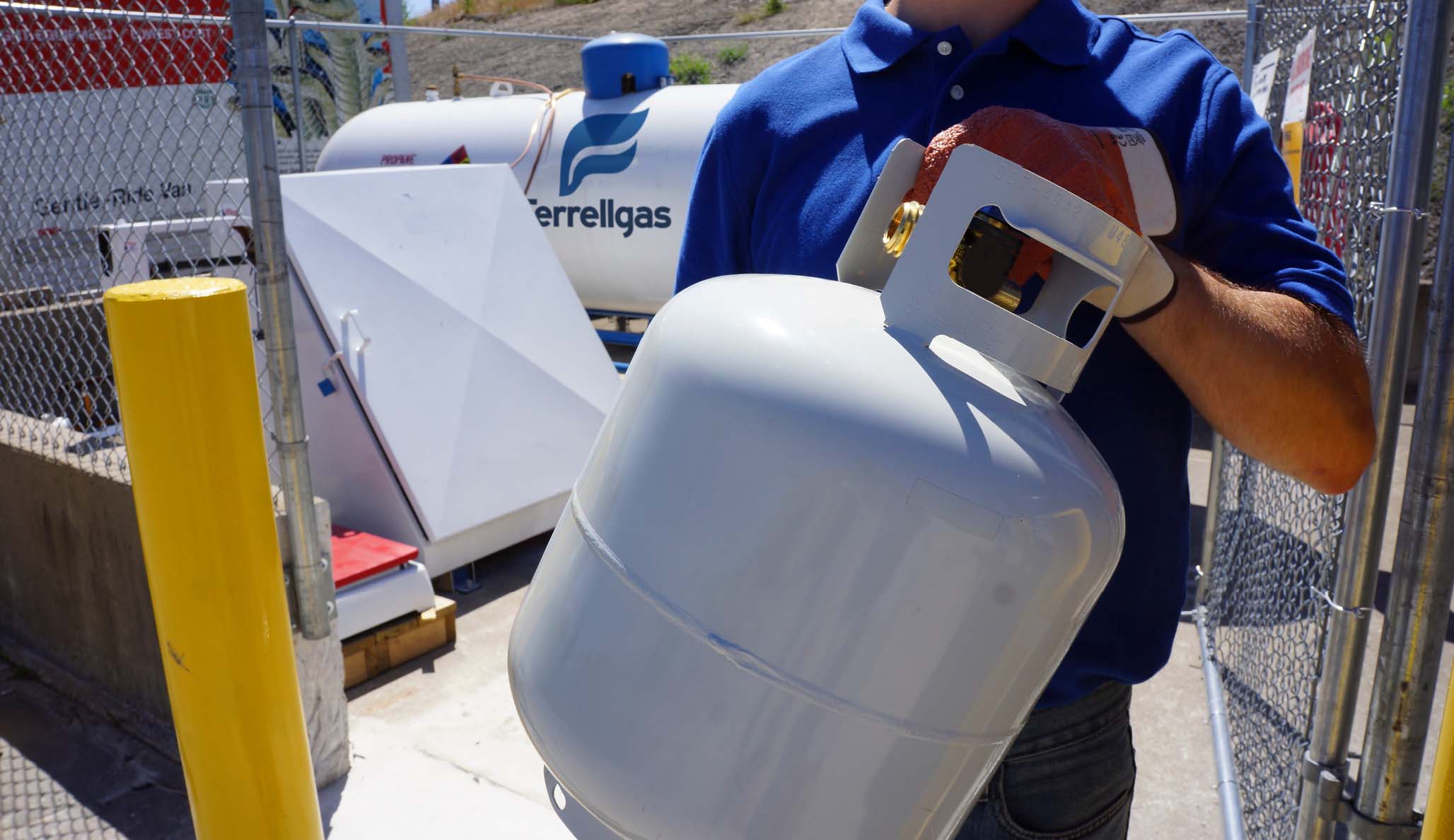
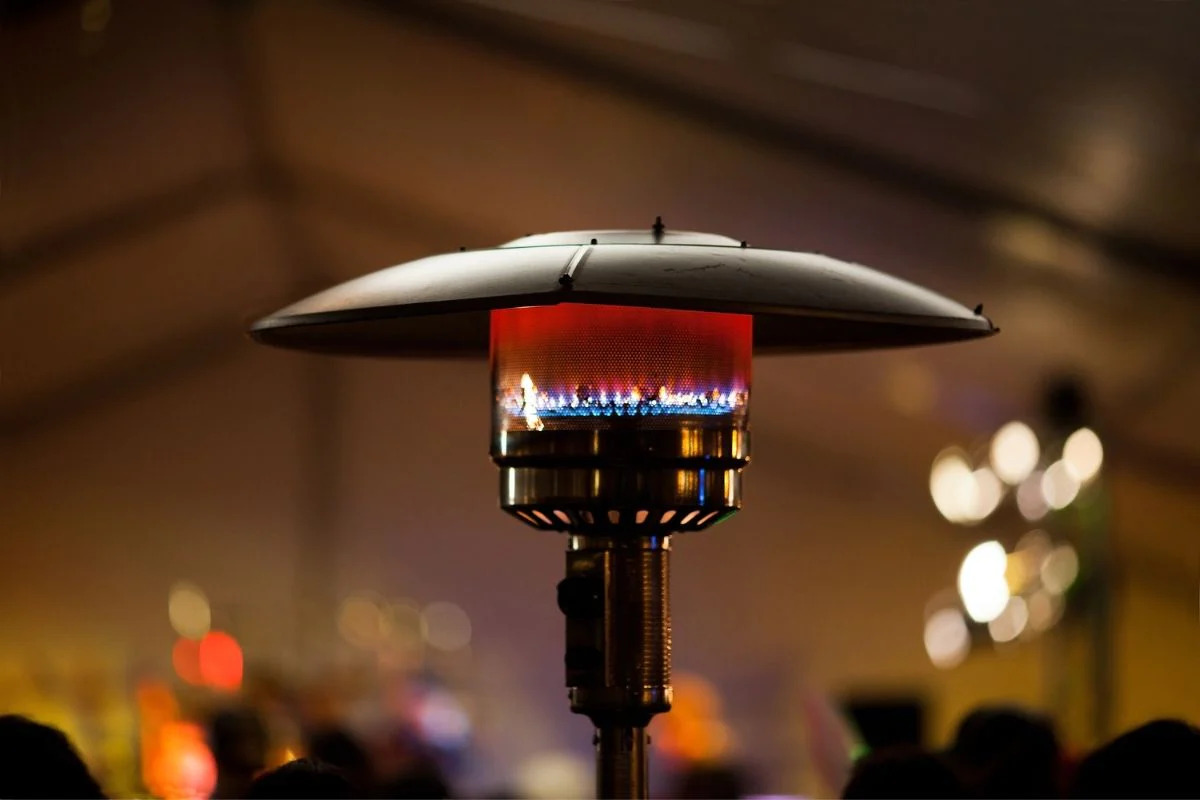
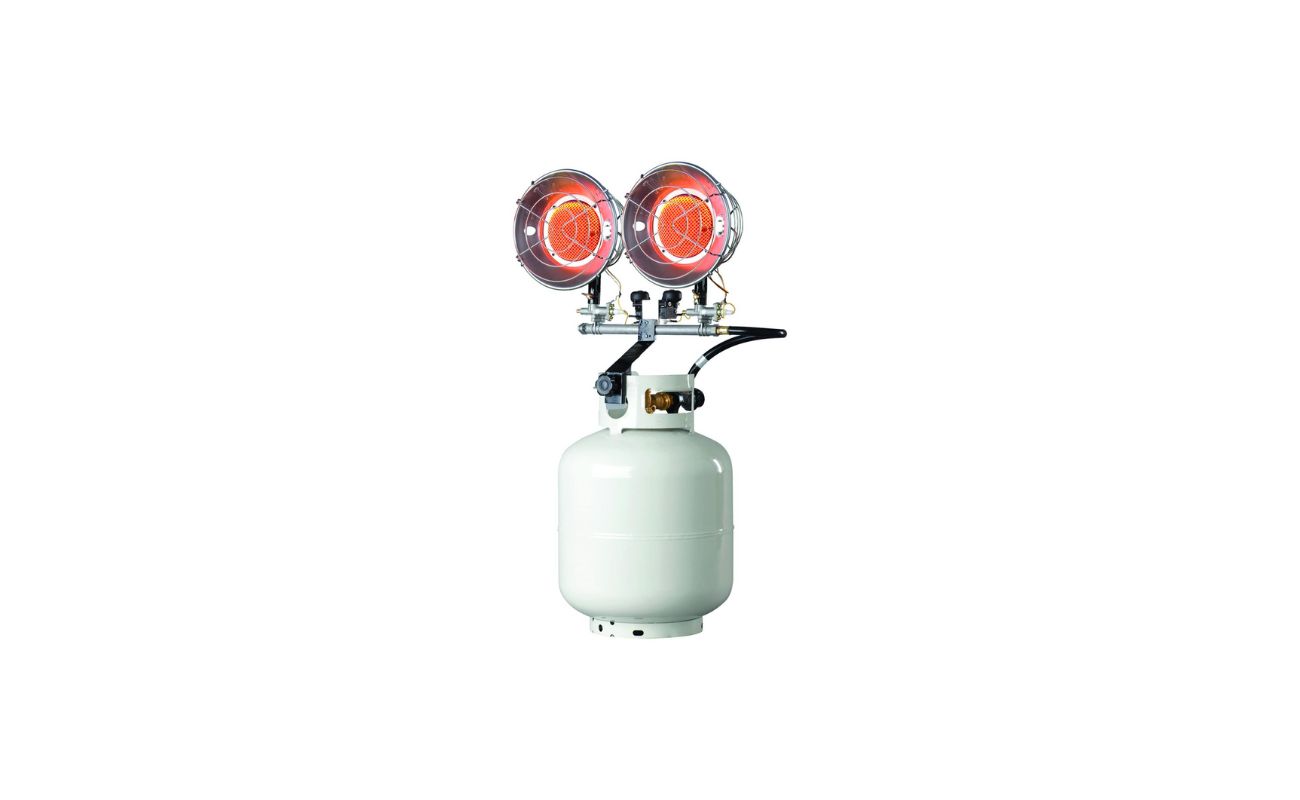
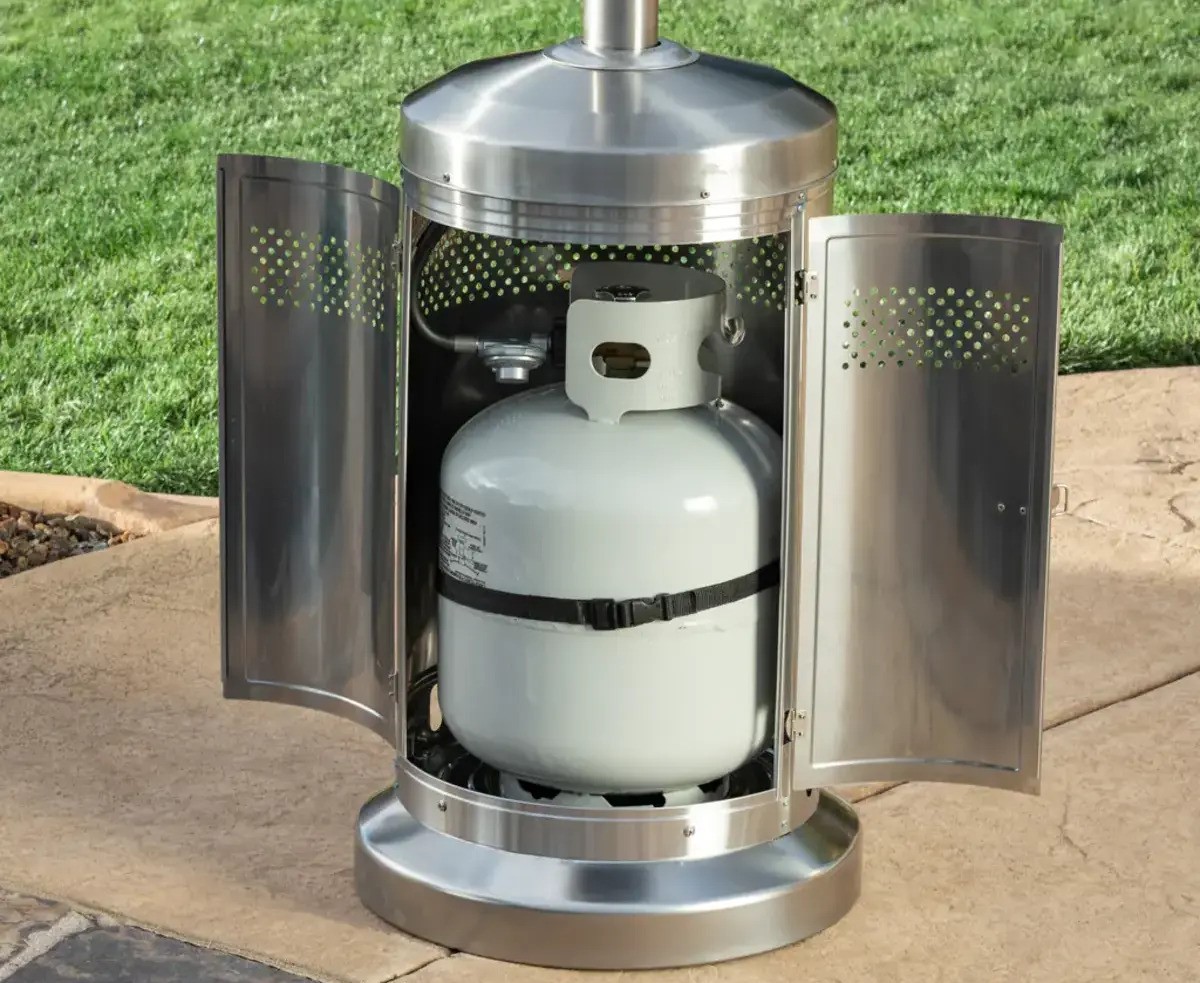

0 thoughts on “How To Store Small Propane Tanks”